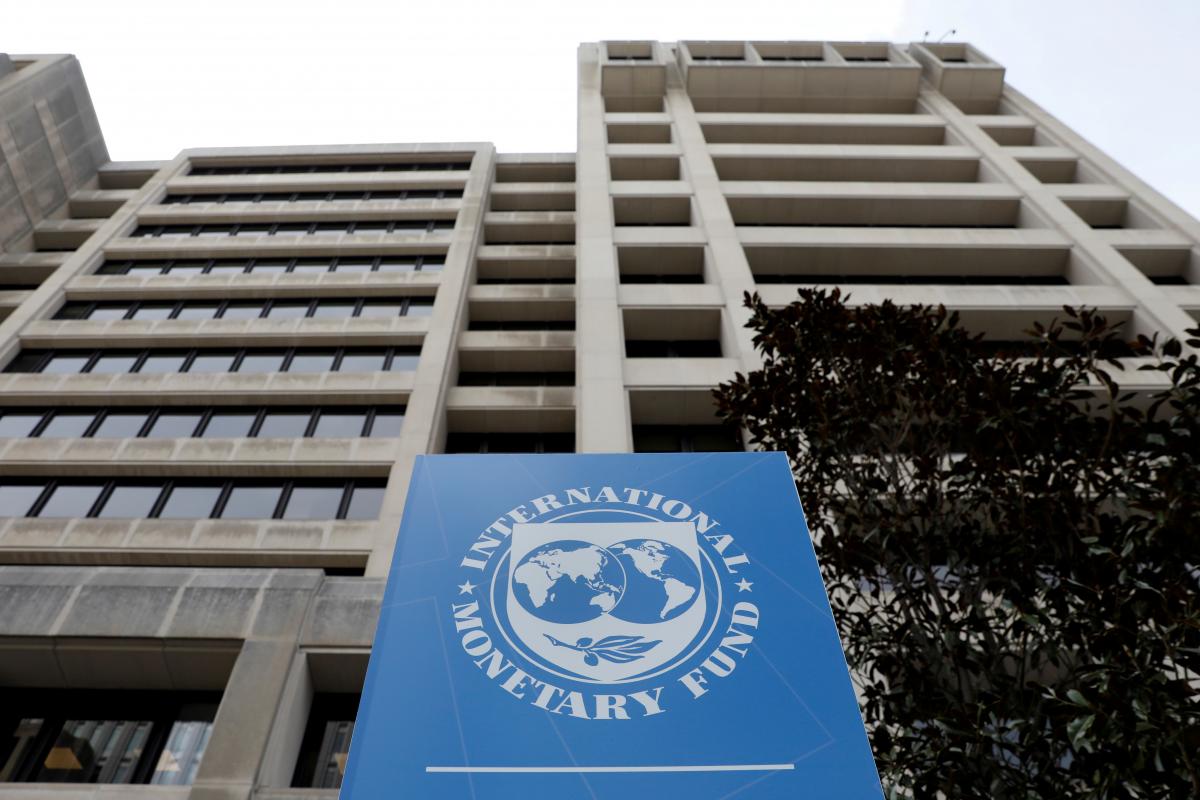
Ukraine's tax system has gradually improved in recent years, but now it will face fundamental changes, namely completely abandoning Corporate Profit Tax.
"Tax policy in Ukraine is engaged in two fronts at once. On one front, very significant work has been done over the years on the gradual improvement and updating of the tax system; on the other, it questions essential tenets of the existing system, exploring fundamental changes to it," the IMF said in a report on November 23, 2020.
Read alsoNo IMF tranche should be expected before year-end – Yermak's advisorIt is noted, while "serious efforts" have been devoted to the modernization of the international aspects of the income tax, upgrading the regime to OECD standards, there is a strong push from some quarters of the policy debate to do away with the Corporate Profit Tax (CPT) altogether. The central idea is to replace it with a Distributed Profit Tax (DPT), generally referred to in Ukraine as the Exit Capital Tax (ECT).
"However, the push to adopt it has not died down, even if adopting it only partially as a compromise solution. Technically, however, this is hardly sustainable. Adopting it either for small taxpayers (defined by turnover) or in a few regions with a small tax base has several risks. It introduces the incentive for companies to split up to take advantage of the system, to shift profit through transfer pricing (with no legal restriction because there is no obligation to comply with the arm’s length principle (ALP) for domestic transactions), and to divert investments rather than increasing them," the IMF stressed.
In an address to the Verkhovna Rada in October, President Volodymyr Zelensky said it was time to put an end to the issue of introducing the ECT in Ukraine. "Enough of the endless discussions on this topic. It's time to put an end to this issue, and I am ready to do it. I instruct the government to take these and other important areas into account," the president said.
Introducing the ECT was one of Zelensky's election promises.
Ukraine and IMF: Background
On June 9, 2020, the IMF's Executive Board adopted an 18-month Stand-By Arrangement (SBA) for Ukraine with funding equivalent to SDR 3.6 billion (about US$5 billion) aimed at helping Ukraine overcome the consequences of the COVID-19 pandemic.
On June 12, Ukraine received the first tranche of the IMF loan under the SBA worth $2.1 billion. The Ministry of Finance planned to receive the second tranche under the same arrangement before year-end.
On November 17, President Volodymyr Zelensky spoke over the phone with IMF Managing Director Kristalina Georgieva, saying Ukraine had fulfilled all the "structural benchmarks" for the IMF to review the existing Stand-By Arrangement.
On November 23, Tymofiy Mylovanov, the country's ex-economy minister who had been recently appointed an advisor to the President's Office chief Andriy Yermak, said Ukraine would not receive another tranche from the IMF before the end of 2020.

